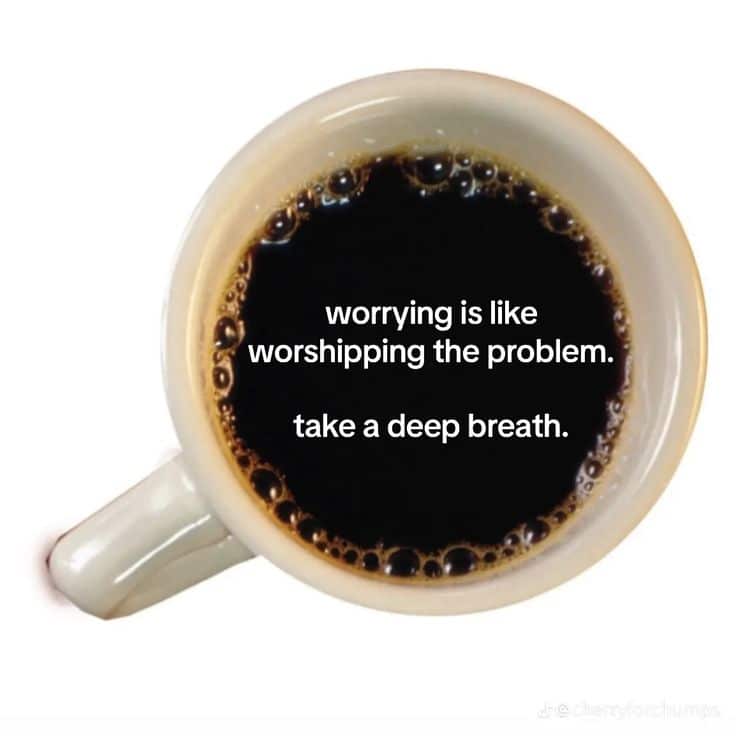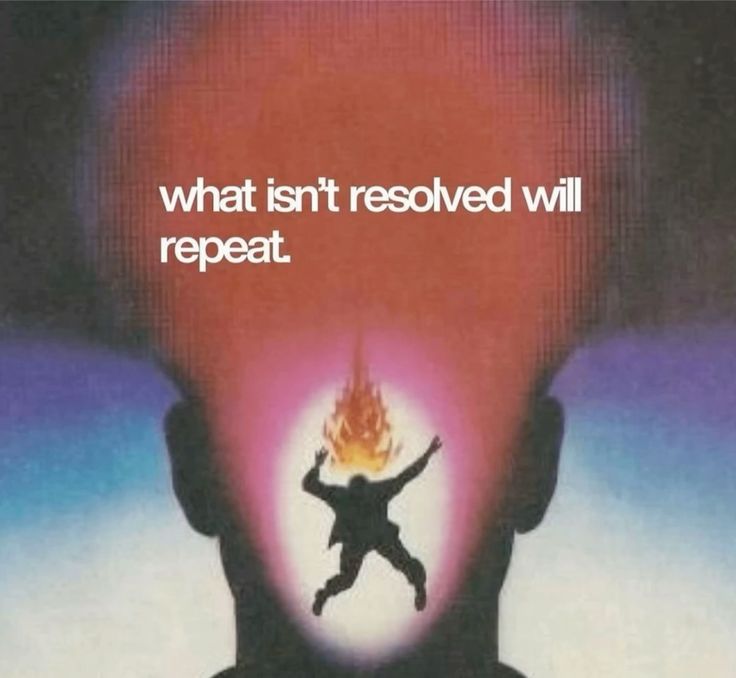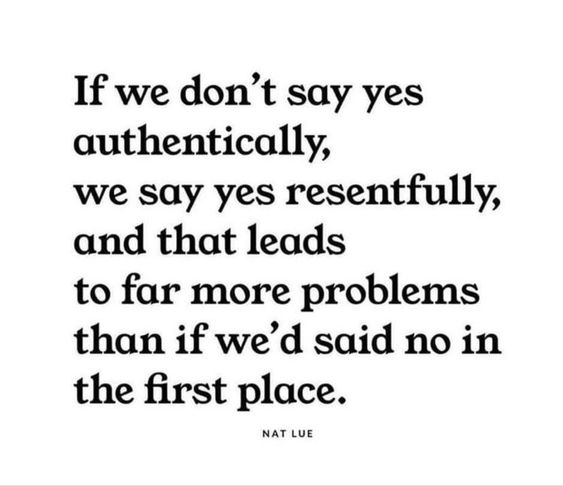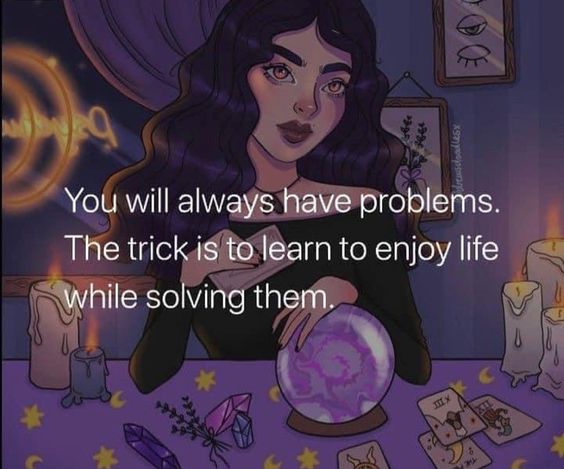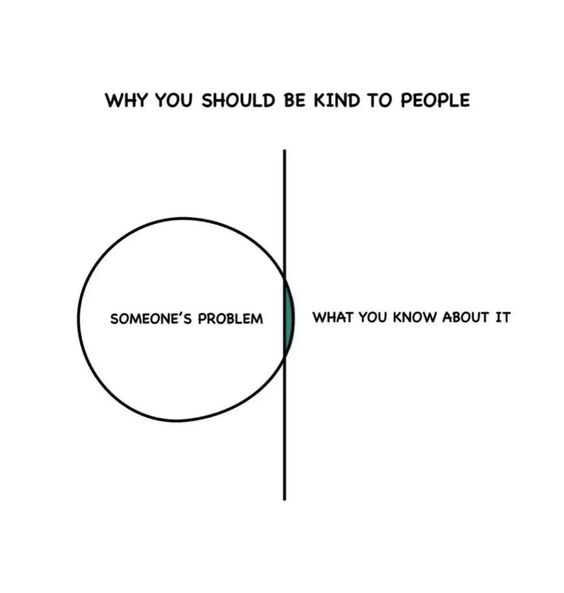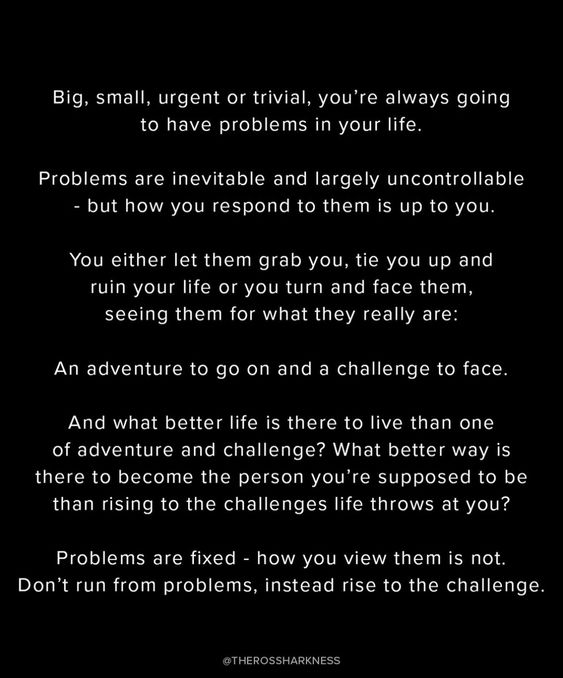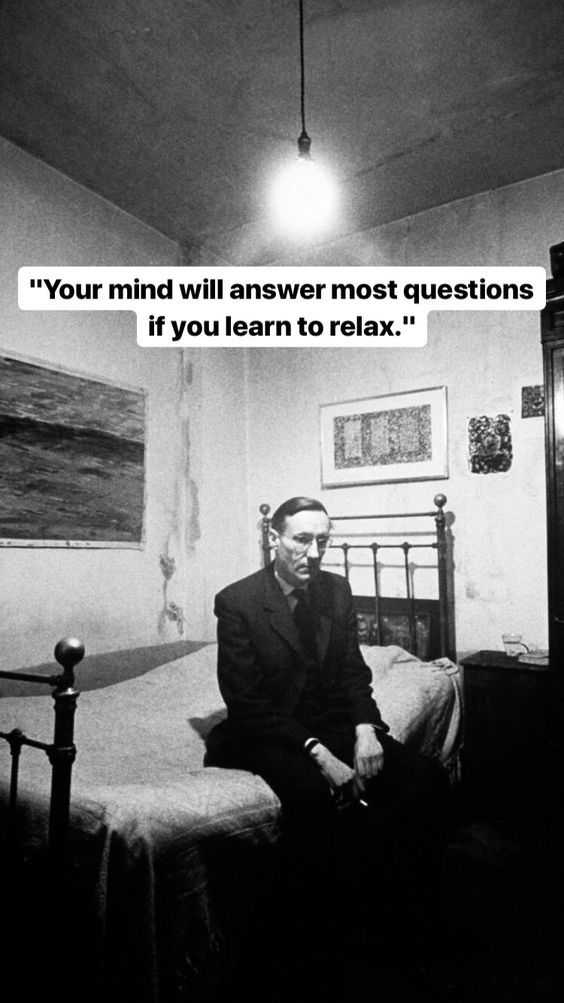“Next time you’re struggling with something, try saying to yourself, I choose to live in easy world where everything is easy. How might that change your approach? Would it help you to let go of some of the stress and pressure? It’s worth caveating, of course, that your problems are unlikely to magically disappear by just asking yourself this question. But like me, I wonder if you might find that it helps you let go, just a little bit, of the unnecessary extra angst, stress and suffering, we add on top of whatever ‘problem’ we need to solve.”
Ali Abdaal
“Optimism is vital precisely because, throughout the course of life, so many things will go wrong. Trivial or catastrophic, setbacks and upsets pepper our existence, but they have to. We wouldn’t be human if we didn’t run into problems. We wouldn’t develop without the experience of them. Our lives aren’t measured in a vacuum. We define ourselves—and are defined by others—by how we react to the things that happen to us. Every occurrence, good or bad, presents an opportunity for knowledge and growth. A negative experience doesn’t warrant a negative reaction. We have to surpass our temptation to resent or withdraw from our afflictions if we are to learn from them.”
Bert R. Mandelbaum, MD, via The Win Within (Page 77)
“We all do this. Instead of using our minds to solve problems, we set it to work on problems that don’t exist. Instead of using it to move forward, we use it to look backward, pouring over what already happened. Instead of using it to feel good, we use it to torture ourselves. How crazy is that? And how counterproductive? You have been given an incredibly powerful too—this brain and imagination of yours. But like a gun or a knife, it can just as easily harm the user as it can protect or serve them. We have to train and discipline ourselves, we have to direct these resources properly. We have to channel our creativity not into fear and anxiety, but into purpose and progress.”
Ryan Holiday
“There is a rule that says that every large problem was once a small problem that could have been solved easily and inexpensively at that time. Sometimes, the best strategy is to ‘nip it in the bud.’ When it is clear that there is a problem and a solution, do what has to be done—and do it quickly.”
Brian Tracy, via No Excuses! (Page 207)
“In medicine, they say that ‘accurate diagnosis is half the cure.’ Therefore, you need to ask, ‘What exactly is the problem?’ It is absolutely amazing how several people can become upset about a problem in an organization, but every one of them has a different idea or definition of the exact nature of the problem they’re facing. Your job is to achieve clarity and to get everyone to agree on the definition of the problem before you move on to the business of solving it.”
Brian Tracy, via No Excuses! (Page 204)
“I split problems into two groups: muddy puddles and leaky ceilings. Some problems are like muddy puddles. The way to clear a muddy puddle is to leave it alone. The more you mess with it, the muddier it becomes. Many of the problems I dream up when I’m overthinking or worrying or ruminating fall into this category. Is life really falling apart or am I just in a sour mood? Is this as hard as I’m making it or do I just need to go workout? Drink some water. Go for a walk. Get some sleep. Go do something else and give the puddle time to turn clear. Other problems are like a leaky ceiling. Ignore a small leak and it will always widen. Relationship tension that goes unaddressed. Overspending that becomes a habit. One missed workout drifting into months of inactivity. Some problems multiply when left unattended. You need to intervene now. Are you dealing with a leak or a puddle?”
James Clear
“Some people get addicted to chain-smoking their problems. They spend all day going from sorrow to sorrow. It doesn’t have to be that way. You can live each day going from joy to joy—like a sunflower that turns to face the sun as it moves across the sky. It’s not about having a problem-free life, but about focusing on the light. Sunflowers still have shadows, but they are always behind them.”
James Clear
“We carry our burdens all the time; we never die to them, we never leave them behind. It is only when we give complete attention to a problem and solve it immediately—never carrying it over to the next day, the next minute—that there is solitude. Then, even, if we live in a crowded house or are in a bus, we have solitude. And that solitude indicates a fresh mind, an innocent mind.”
J. Krishnamurti, Freedom From The Known (Page 106)
“Problems exist only in time, that is when we meet an issue incompletely. This incomplete coming together with the issue creates the problem. When we meet a challenge partially, fragmentarily, or try to escape from it that is, when we meet it without complete attention—we bring about a problem. And the problem continues so long as we continue to give it incomplete attention, so long as we hope to solve it one of these days.“
J. Krishnamurti, Freedom From The Known (Page 73)
“We each learned again a bit more clearly that our old problems would remain temptations to messing-up for the rest of our lives, that we must each remember to remember that we will never be beyond error. Nothing important gets solved once and for all, finally and forever.”
Sheldon B. Kopp, If You Meet Buddha On The Road, Kill Him! (Page 138)
“When a psychotherapy patient does do the work of facing up to some of what he must endure, he is often rewarded by a sense of increased freedom and joy. However, as he comes to realize that there will be no light without some darkness, no rest without further toil, he may balk disappointedly to find that troubles never end. New solutions lead to new problems. New freedom leads to new responsibilities.”
Sheldon B. Kopp, If You Meet Buddha On The Road, Kill Him! (Page 136)
